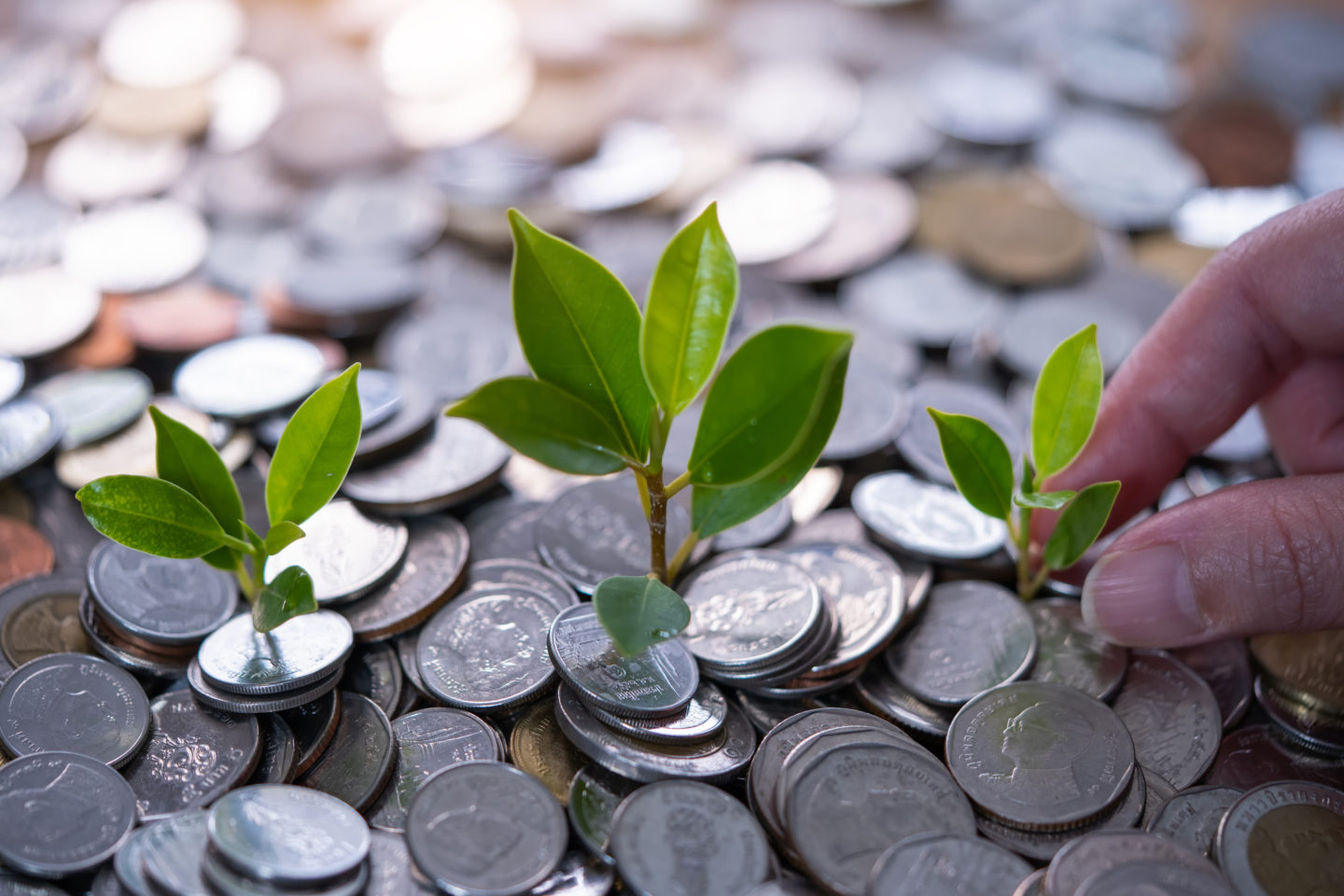
Don’t believe the hype: Making good use of a blackout
The Spanish blackout of April 2025 is an opportunity to strengthen electricity systems that have higher shares of renewables and should not be used as an excuse to slow down the energy...

Published June 28, 2021 in Sustainability • 5 min read
Banks and investors engaged in sustainable finance initiatives need to focus on countries where they can make the most impact, and also on striking a better balance between environmental and social goals, experts at an event organised by the Singapore Global Network and IMD said.
“ESG as a toolbox has a tremendous capacity to contribute to better investment. It’s probably the greatest opportunity in the financial sector in many years, but it all depends on how it is done, and where it is done. Electrifying Swedish vehicles by 2040 is a very good thing, but helping to get India off coal is much better,” said Sasja Beslik, Head of Sustainable Finance and Managing Director at J. Safra Sarasin Group.
The biggest gains from sustainability investments can be made in Asia, Africa and South America, but that is not where most sustainable finance initiatives are currently directed, panelists said.
“When you ask people where they would invest for most impact on the 17 Sustainable Development Goals, the answer is almost always things like primary education and water sanitation, and all of that is in sub-Saharan Africa and Southeast Asia, but that is not where the money is going,” said Mikkel Larsen, Chief Sustainability Officer at DBS Bank.
This is partly because the sustainable finance narrative is dominated by a western point of view, said Beslik. “It looks at the world based on the position that some European countries have reached, and it’s much easier to change energy supply in Europe than in India or some places in South America. Asian companies get misjudged or score poorly because investors don’t understand the context of where these industries are operating.”
This context relates to the costs of transition for Asian countries, but also to the social impact of environmental measures, he said.
The conflict between environmental and social factors is something that is not always understood by politicians calling for businesses to “go green”, said IMD Professor of Finance Karl Schmedders, who moderated the virtual event.
Lim Bey An, Head of Green Finance and Asset Management at the Monetary Authority of Singapore, said environmental and social considerations need to be looked at together, rather than as separate aspects of investment. ” The region is still developing, with varying economic and social considerations that set us apart from developed countries. It is therefore important that such considerations are factored in when financing activities to achieve low carbon economies in the region in a just and inclusive manner, but yet can be backed by science.”
Larsen said sustainable finance has tended to concentrate too much on environmental considerations, and not enough on the other components of ESG. “Today, the risks of climate change are receiving a lot of attention partly because it’s much easier to calculate carbon emissions than the impact on biodiversity or livelihoods, creating a slight imbalance and skewed perspective. The end goal is clear: we need to be able to measure and account for all externalities,” he said.
Measuring the impact of ESG products is a key challenge. Larsen said DBS tries to measure the real impact of every dollar it lends in particular industries, and Beslik said J. Safra Sarasin is able to show clients exactly what they get from their ESG investments, both in terms of the sustainability impact and the financial returns.
But very few asset managers and banks are able to demonstrate the sustainability impact of their ESG products, because the development of sustainable investment has been process-driven rather than outcome-driven, although this is now starting to change, he said. Many companies report the positive impact of their actions in relation to the SDGs, but not the negative impact they may also have on some of the development goals, so moving to the reporting of the net SDG impact of investments would be a useful step, he added.
The measurement of impact is vital to avoid the risk of greenwashing. “There is nothing wrong with something being labelled as an ESG product, but there is a large step between that and creating true impact on the ground,” said Larsen. “If it is clear what you are getting, then that is ok, but if not, then there is a risk of everything being put in one bucket and that is where the greenwashing starts.”
Beslik said many products on the market do not really qualify as sustainable finance. “If you look around in Europe, there are very few Article 9 products out there – these are the true sustainable investment products with clear objectives – and that tells you a bit about the landscape in terms of how much hot air is present in the financial industry from a sustainability point of view,” he said.
Measuring the impact of ESG products is a key challenge for a regulator, said Lim. Improving the quality of data and disclosures is vital to avoid greenwashing, and considerable progress is now being made in this area, with the G7 recently agreeing to make climate-related financial disclosures mandatory for corporates. Green FinTech can go a long way in solving underlying data problems as well, and MAS is focused on leveraging technology to develop more sophisticated tools for rapid data collection and sharing, she said.
Larsen said regulators are playing an important role in fostering the development of sustainable finance, but it is down to financial institutions to help their clients as they take action on sustainability. “Few are truly ‘green’ or truly ‘brown’. They are all on a transition and therefore the financing mechanism that we offer has to fit into a framework that acknowledges that. As a responsible sustainability leader, we have to enable our clients to accelerate this transition,” he said.
The Singapore Global Network (SGN), a division of the Singapore Economic Development Board, connects with and engages overseas Singaporeans as well as Friends and Fans of Singapore. To find out more and participate in similar events, join the SGN network here.

Professor of Finance at IMD
Karl Schmedders is Professor of Finance at IMD. Karl's research focuses on quantitative methods in finance. He applies numerical solution techniques to complex economic and financial models shedding light on relevant market issues and industry problems. He has published numerous research articles in international academic journals such as Econometrica, The Review of Economic Studies, The Journal of Finance, and The Review of Financial Studies, among others.

July 9, 2025 • by Cédric Philibert in Sustainability
The Spanish blackout of April 2025 is an opportunity to strengthen electricity systems that have higher shares of renewables and should not be used as an excuse to slow down the energy...

July 7, 2025 • by Julia Binder, Esther Salvi in Sustainability
Lindström found that expanding its business to Asia required overcoming cultural barriers as much as building new services and infrastructure while adapting itself to local needs. ...

June 16, 2025 • by Núria Ibáñez-García in Sustainability
Driving change in a system where progress can be slow and regulation is tight isn’t easy. But for Núria Ibáñez-García, sustainable transformation starts with steady influence, applied from within. ...

June 9, 2025 • by Julia Binder, Esther Salvi in Sustainability
Dr. Kiri Trier, the beauty giant’s regional sustainability chief, explains her drive to change customer habits and make cutting waste, refilling, and recycling part of their daily bathroom routine....
Explore first person business intelligence from top minds curated for a global executive audience